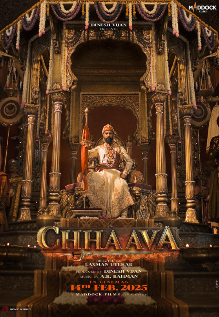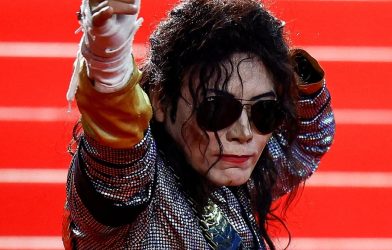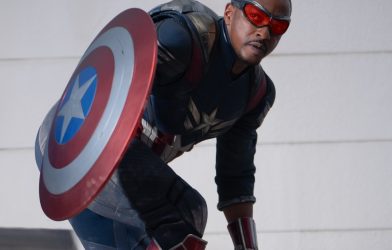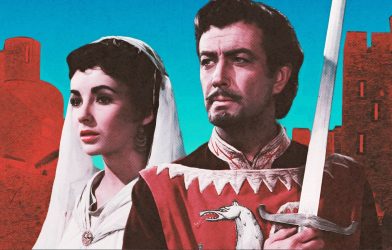Review: Based on Shivaji Sawant’s Marathi novel, Chhaava aims to acknowledge the bravery of Shambhu Raje (Sambhaji Maharaj played by Vicky Kaushal), that most history books haven’t been able to. There’s more to him than being Shivaji’s son who was betrayed by his own men, captured and brutally executed by Aurangzeb (played by Akshaye Khanna). The film sheds light on why he was widely revered by his people and feared by rivals in the nine years that he held the Maratha throne.
Still reeling from the loss of his father, Sambhaji and Sersenapati Hambirrao Mohite (essayed by Ashutosh Rana) invaded Mughal stronghold Burhanpur right under their nose. For the nine years that followed, Sambhaji trampled on Mughals’ expansion plans making him a thorn in their side. Sambhaji’s bravery overcame the betrayal he faced by his own people until he was ambushed and captured in Sangameshwar. Even his brutal execution couldn’t kill his warrior spirit and fight for Swaraj.
Director Laxman Utekar builds his historical on a massive canvas, giving the film the larger than life appeal it deserves. The film starts off with promise and a grand slowmo entry but soon slips into stillness resembling a movie trailer. You miss that tension or sense of suspicion around the events that unfold. AR Rahman’s songs and background score drive the narrative, overriding the story and dialogues. The legendary music director’s Aaya re toofan is a winner with its classic Maharashtrian Nashik Dhol Tasha but rest of the tracks don’t compliment the film’s setting or theme. Romantic number ‘Jaane Tu’ is beautiful as a standalone song but throws you off guard when placed in the movie as it sounds way too contemporary for the era. You constantly wonder if Ajay Atul would have been a better fit for a story like this.
The film’s soul lies in the second half, and it is here that Chhaava gets truly gripping and thrilling. The story picks up the pace, gets the emotions right and keeps you on the edge throughout the outstanding climax that sees Sambhaji single handedly fighting the Mughals. “Kuttay ke pillon se, sher ka baccha nahi bhaag jata” The writing ups the drama and feisty theme. The fight scenes are well choreographed and executed. The last part of the movie has been splendidly shot and deserves a theatrical viewing.
Last but not least, the film belongs to Vicky Kaushal and it’s fair to say he has given his blood, sweat and tears to this titular part. He channels his inner rage, allows his rudra avatar to take over and roars like a tiger in every scene, commanding your undivided attention. This is one of his finest performances till date and no one could have done it better than him. Akshaye Khanna and his one-liners are effective. He is refreshingly understated, even as his makeup and extensive prosthetic work go over the top. Actor Vineet Kumar Singh is a great casting choice to play Kavi Kalash. His conversation with Vicky gives the film some of its best scenes.
The women don’t get as much screen space. The immensely talented Divya Dutta as Maharani Soyarabai has a powerful presence and deserved a meatier role. Rashmika Mandanna looks the part but struggles to get her language, accent and emotions right. Diana Penty turns out to be the biggest disappointment. She barely gets to speak but when she does, her stone-faced performance distracts you from the most intense scenes.
Chhaava’s excellence lies in its terrific climax, one of the finest in Bollywood historical epics. Vicky Kaushal is breathtaking as he exudes Sambhaji Maharaj’s valour and passion for swaraj like it were his second skin. You just wish the film relied and trusted its solid story more than Rahman’s music, which largely feels out of place.









